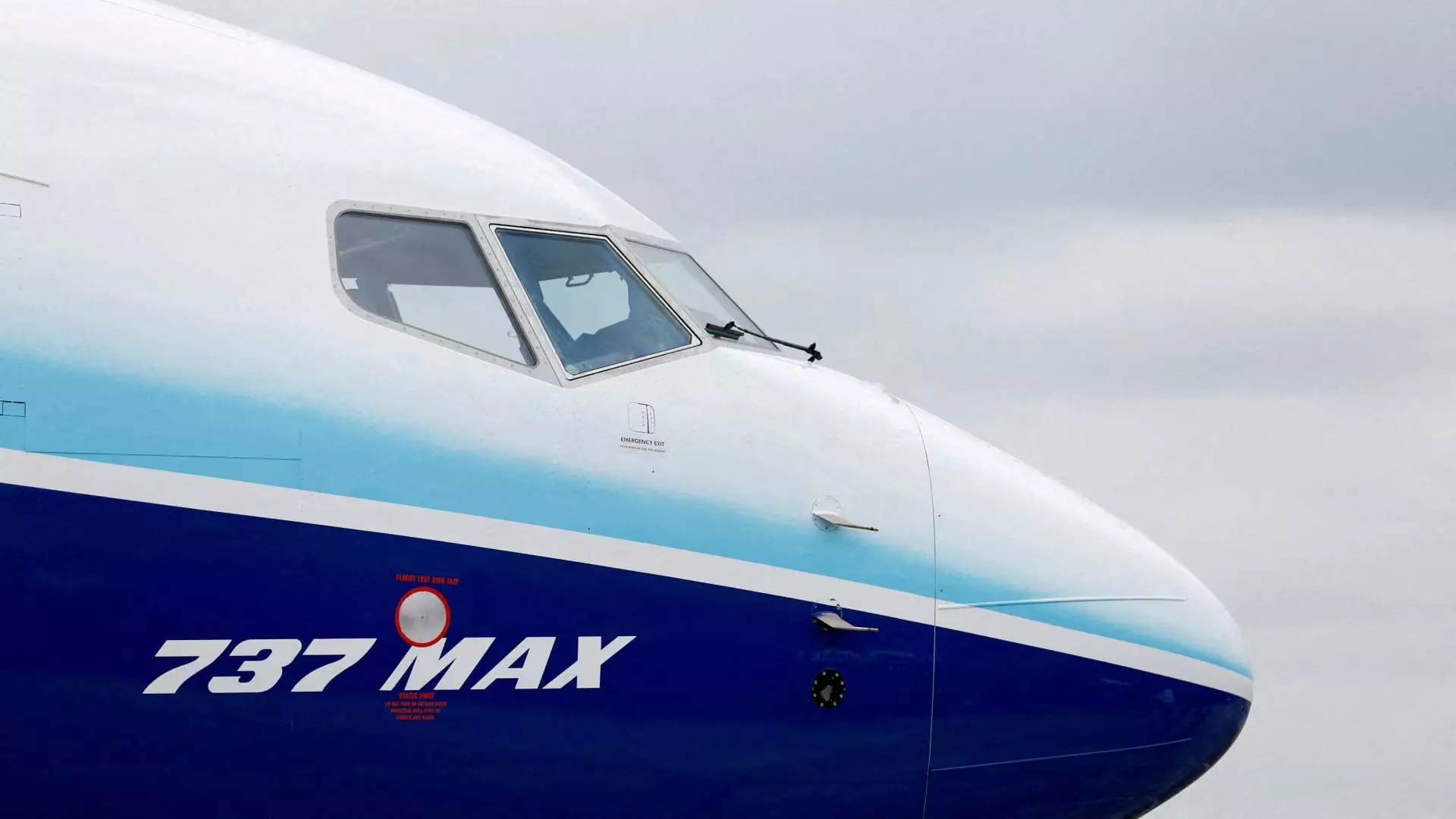Boeing, the renowned aircraft manufacturer, is currently facing yet another quality issue with its best-selling jetliner, the 737 Max. An international operator discovered a loose bolt in the rudder control system during routine maintenance, prompting Boeing to recommend inspections for all 737 Max planes. This article emphasizes the importance of thorough inspections and the potential impact of such issues on airlines.
During routine maintenance, an international operator discovered a bolt with a missing nut in the rudder-control linkage, indicating a potential manufacturing defect. Furthermore, an additional undelivered aircraft was found to have a nut that was not properly tightened. These findings raise concerns about the quality control processes at Boeing and highlight the need for more stringent inspections.
While Boeing has stated that the issue has been remedied, it is necessary for all airlines operating the 737 Max to conduct inspections to ensure no further anomalies exist. The inspections are estimated to take about two hours per plane. Although the process may be time-consuming, it is crucial for the safety and reliability of these aircraft.
In response to Boeing’s recommendation, Alaska Airlines, one of the operators of the 737 Max, has announced its plan to start inspections promptly, with a projected completion date in the first half of January. The airline reassures its customers that it does not anticipate any operational impact as a result of these inspections. Similarly, United Airlines, another major 737 Max customer, expresses confidence that its operations will remain unaffected.
The aviation industry is highly regulated, with strict standards and protocols to safeguard passenger safety. Instances like the loose bolt in the 737 Max rudder control system highlight the importance of thorough inspections and adherence to quality control processes. By promptly addressing such issues, aircraft manufacturers like Boeing can maintain their reputation for producing safe and reliable aircraft.
Boeing’s recent quality issue serves as a reminder for the entire aviation industry to continuously monitor and improve their manufacturing and maintenance processes. While it is not uncommon for issues to arise, the key lies in identifying and rectifying them before they pose a significant threat. Close collaboration between manufacturers, operators, and regulatory authorities ensures that aircraft are rigorously inspected and maintained throughout their lifespan.
In the wake of the discovery of a loose bolt in the rudder control system of the Boeing 737 Max, the aviation industry must prioritize thorough inspections and quality control procedures. Prompt actions taken by operators such as Alaska Airlines, coupled with Boeing’s efforts to remedy the issue, serve as essential steps towards maintaining the safety and reliability of the 737 Max fleet. By learning from these incidents, manufacturers can continue to produce state-of-the-art aircraft while minimizing potential risks.

Leave a Reply